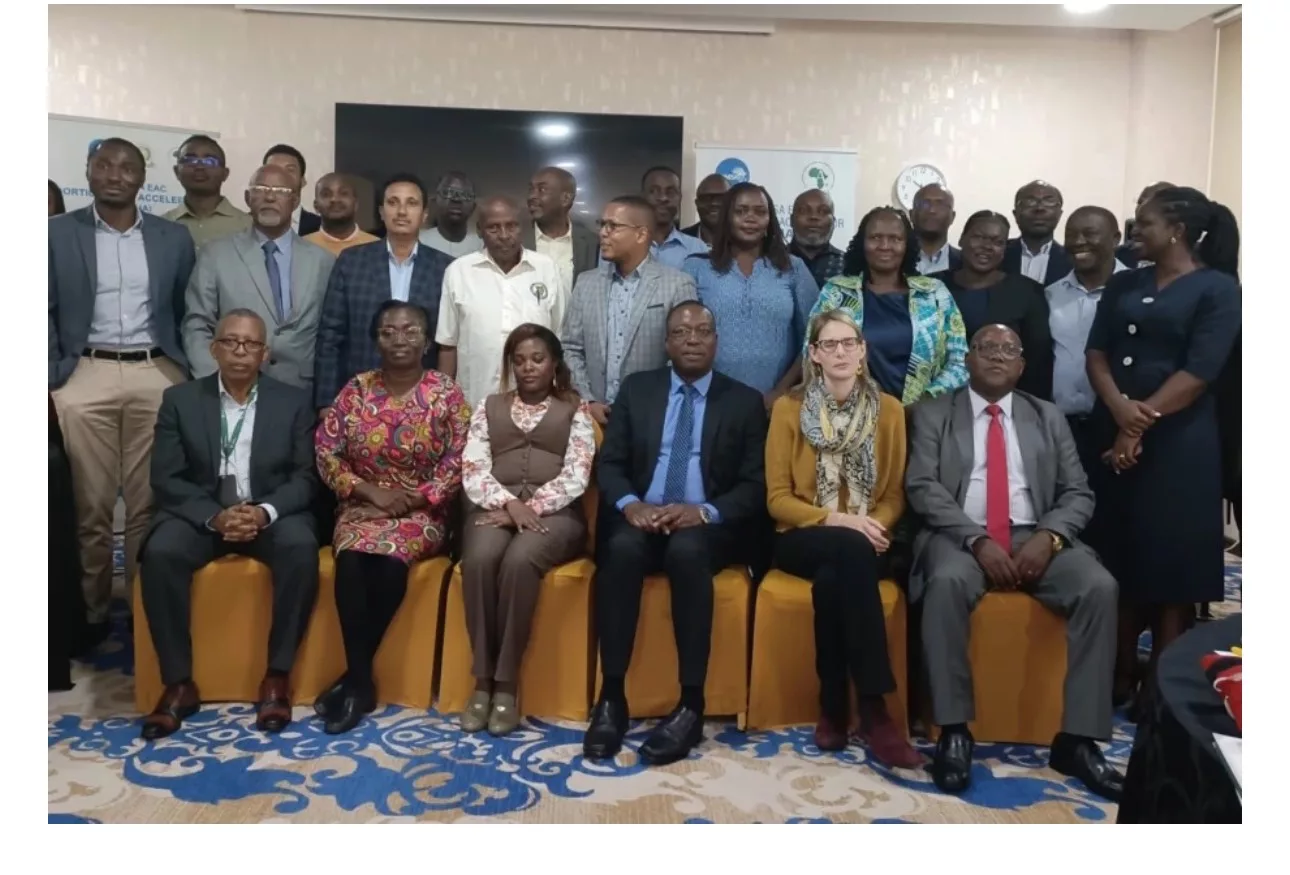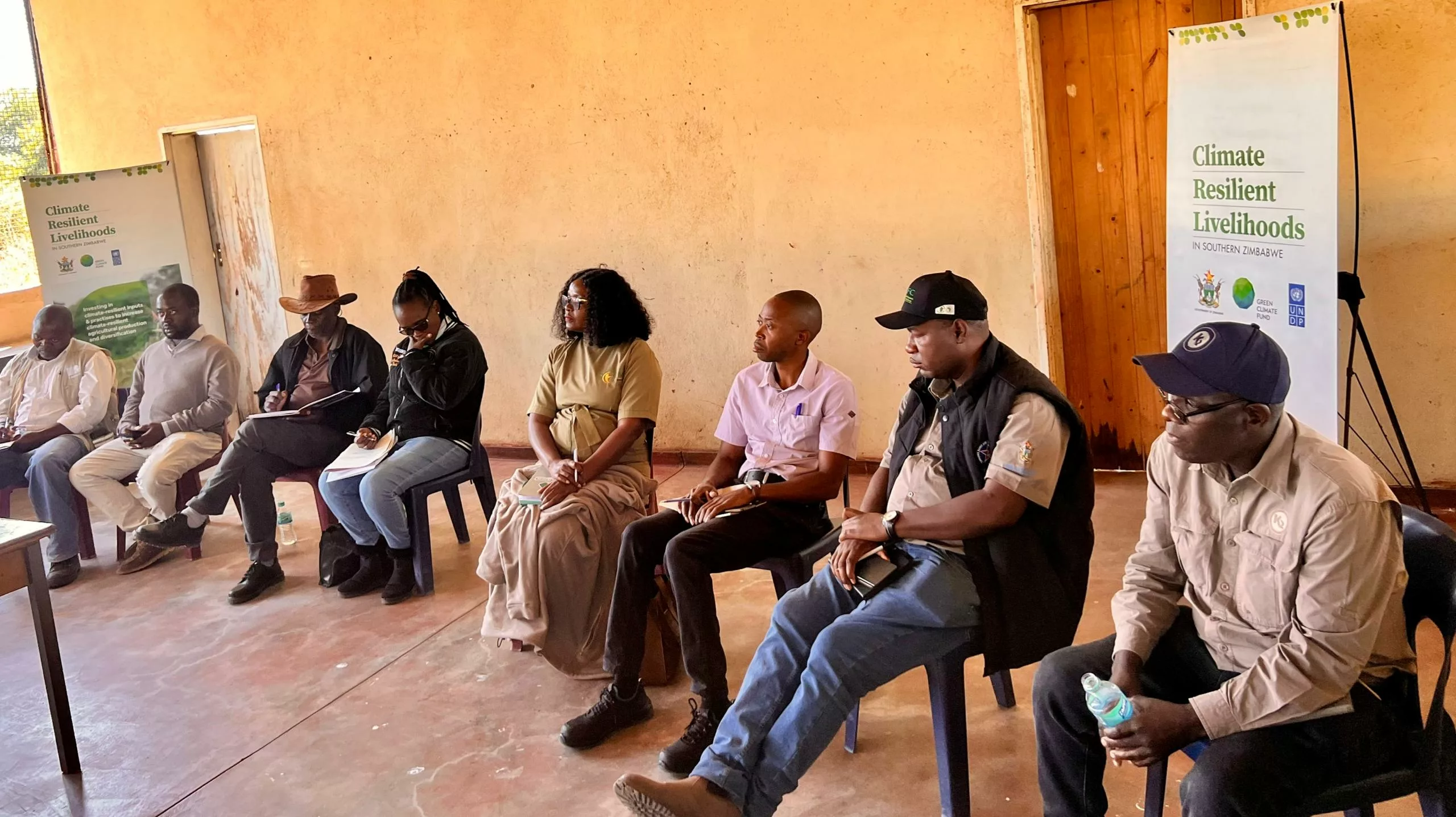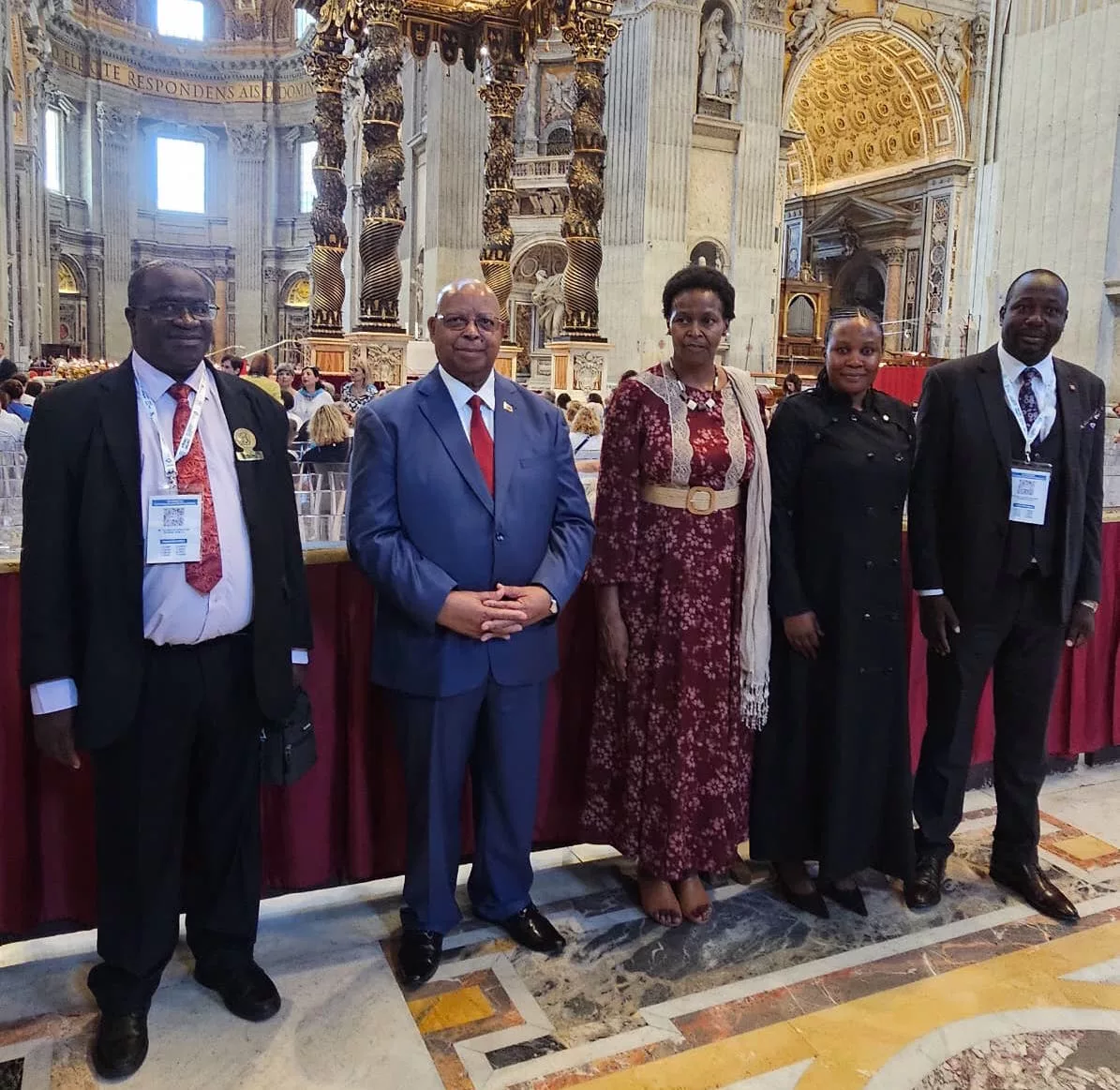|
Getting your Trinity Audio player ready...
|
Dr. Najib Somoue
Morocco’s victory in the heart of Paris: The Financial Action Task Force (FATF), meeting this Friday 24.02.2023, as part of its General Assembly, has unanimously decided to remove Morocco from the gray area. This new victory of the Kingdom responds in a way that does not suffer equivocation to those who are active in the European Parliament against Morocco and its interests, as well as to all those who refuse to accept that Morocco moves forward with a firm and determined step in its irreversible march towards progress, transparency, and good governance, which distinguishes it in a neighborhood entangled in an archaism of another time.
This new FATF decision confirms Morocco’s regional and continental leadership in the field of good financial governance and positions the Kingdom as a model in this area. This consecration of the Kingdom by an international financial authority of reference comes as a scathing response to the detractors within the P-E, the very ones who try, without success, to label Morocco as a rogue state.
Morocco’s removal from the so-called grey list, at the same time as South Africa, a supporter of the terrorist and separatist polisario entity, has entered the list, is significant in more ways than one and is the crowning achievement of the Kingdom’s efforts and private actions in the application of the High Royal Directives.
Once again, an international authority of reference consecrates Morocco in its strategic, serene, and voluntarist vision of adopting the highest standards in the fight against money laundering and terrorism financing.
The consecration of Morocco by the FATF in the heart of Paris is ironically an eloquent riposte to those among the French media who have made Morocco bashing an editorial line of conduct, in the service of occult designs of another era. The FATF’s decision will strengthen the image and position of the Kingdom in negotiations with international financial institutions, as well as the confidence of foreign investors in the national economy.






